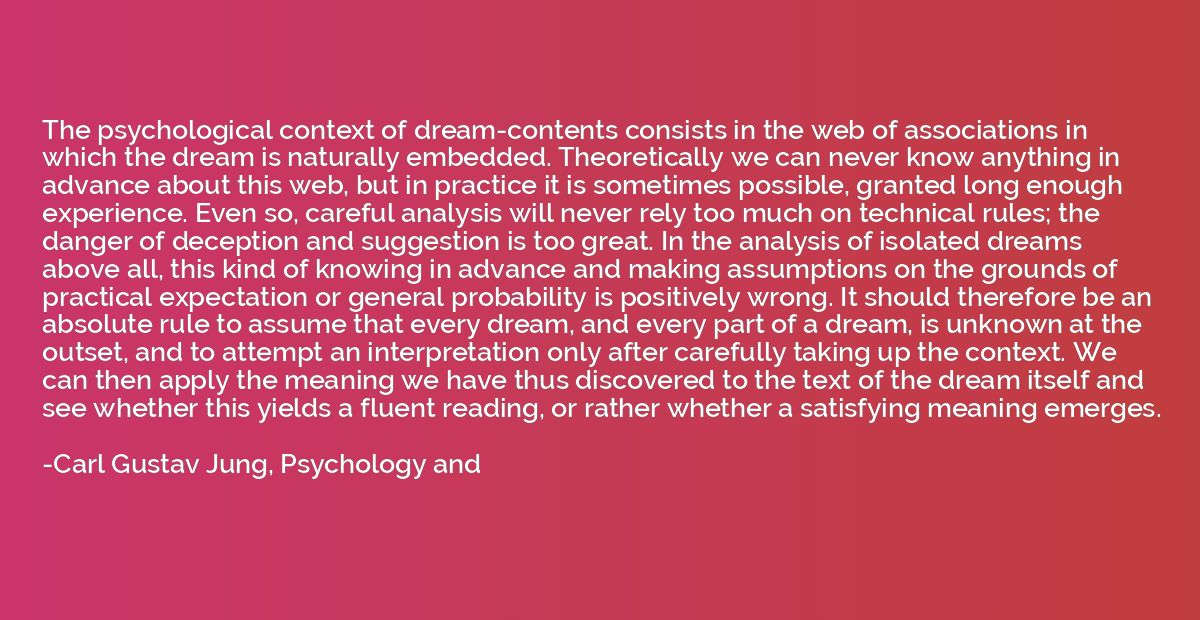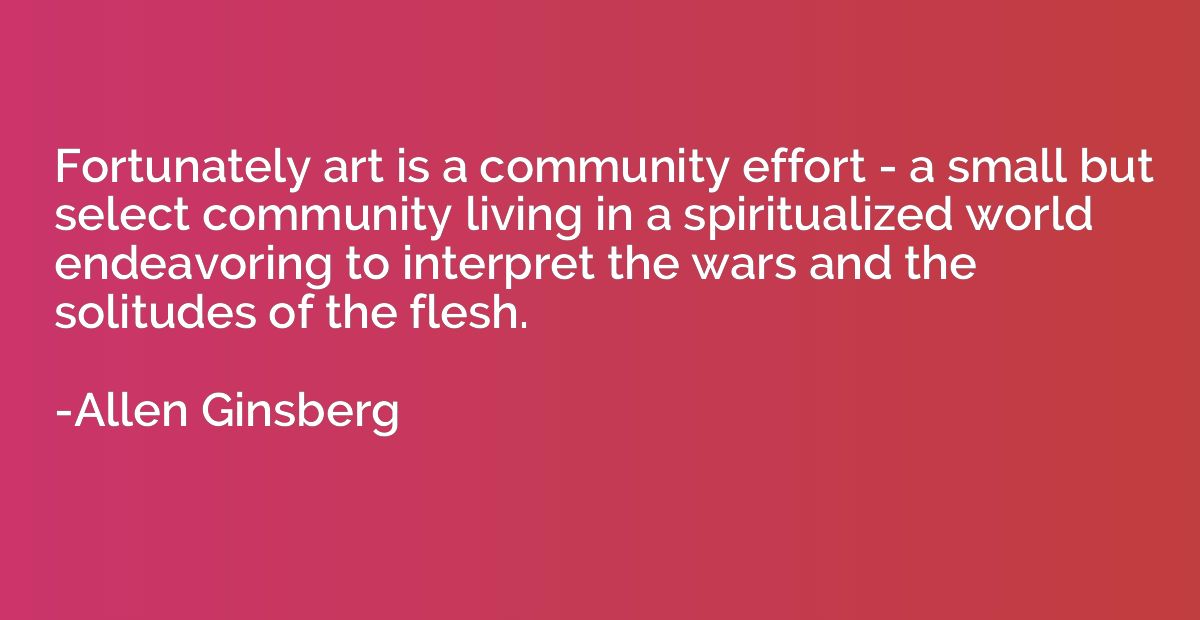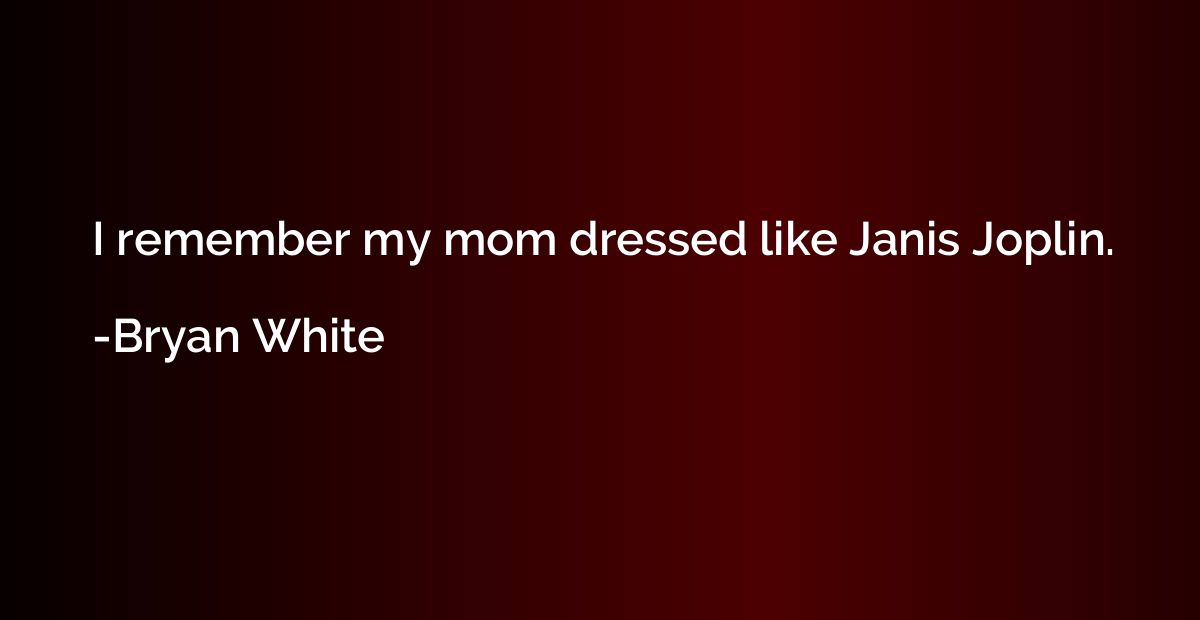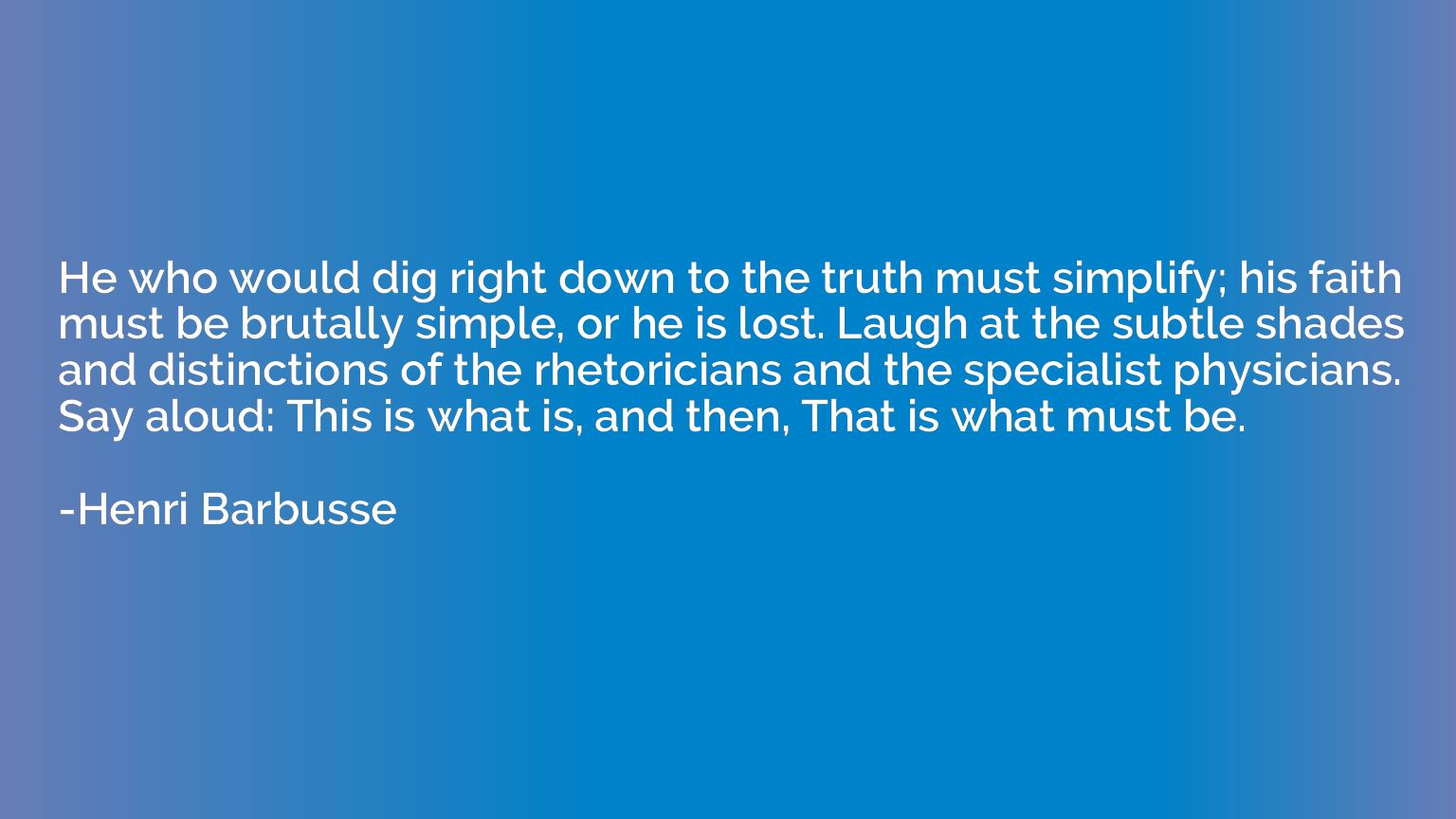Quote by Carl Gustav Jung, Psychology and
The psychological context of dream-contents consists in the web of associations in which the dream is naturally embedded. Theoretically we can never know anything in advance about this web, but in practice it is sometimes possible, granted long enough experience. Even so, careful analysis will never rely too much on technical rules; the danger of deception and suggestion is too great. In the analysis of isolated dreams above all, this kind of knowing in advance and making assumptions on the grounds of practical expectation or general probability is positively wrong. It should therefore be an absolute rule to assume that every dream, and every part of a dream, is unknown at the outset, and to attempt an interpretation only after carefully taking up the context. We can then apply the meaning we have thus discovered to the text of the dream itself and see whether this yields a fluent reading, or rather whether a satisfying meaning emerges.

Summary
This quote emphasizes the importance of considering the psychological context and associations surrounding dream contents. It suggests that while it may be possible to gain some knowledge about these associations through experience, relying too heavily on assumptions or technical rules can lead to deception and suggestion. The quote asserts that every dream and its components should be regarded as unknown at the beginning of analysis, and interpretations should only be attempted after carefully examining the context. By applying the discovered meaning to the dream text, one can determine if it forms a coherent and satisfying interpretation.














